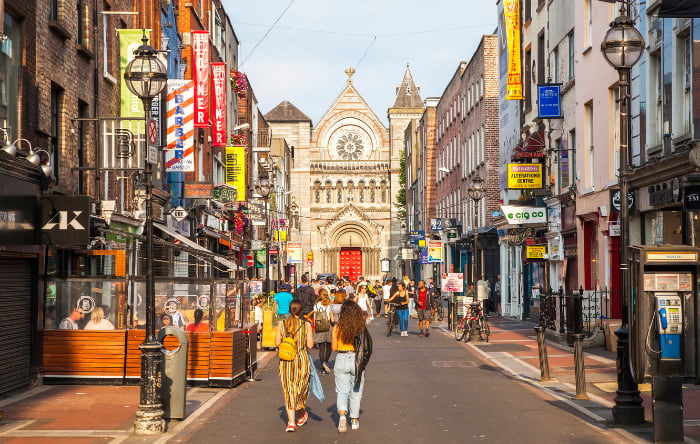Therapy for Depression
Specialised Counselling and Therapy treatment for Depression, in-person and online. Book an Adult/Children's Initial Consultation today!

What is Depression?
Depression is when an individual experiences prolonged feelings of sadness, worthlessness, lack of energy, withdrawal from social interactions, and a lack of enjoyment from previously pleasurable activities.
Through counselling, one can begin the journey to recovery by working with a depression therapist to discuss their feelings, explore possible causes or contributors, develop coping strategies, and relieve the symptoms of depression that are affecting their daily lives.
What issues do we treat?
We provide specialised treatment for varying severities of the below depression and mood-related issues:
• Depression (including situational, persistent and major)
• Low Mood
• Anger Problems
• Bipolar
• Seasonal Affective Disorder
• Post-natal Depression
What is the pricing for this Service?
Click here to view our Pricelist.
Depression consultations are available both online or in-person at a Centric Mental Health Clinic, whatever is most convenient to you.
To book an appointment, click the 'book now' button at the top of this page and schedule an Adult/Children's Initial Consultation today!
Want to ask us a question first? Not sure what you should book? We are here to help - email us at [email protected] or phone our advisors at 01 611 1719.
Practices that also provide Therapy for Depression

Baggot Street Lower
28 Baggot Street Lower, Dublin 2, D02 NX43

Blackrock Medical
Blackrock Medical, The Frascati Shopping Centre, 1st Floor, Frascati Rd, Blackrock, Co. Dublin, A94 H6V9

Castleknock Village Medical
Castleknock Village Medical Clinic, Castleknock Square, Castleknock, Dublin 15

Churchtown Medical
Churchtown Medical, Upper Churchtown Road, Churchtown, Dublin 14

Navan Road Medical
Navan Road Medical, Centric Health, Primary Care Centre, Navan Rd, Dublin 7

Sandyford Medical
Sandyford Medical Clinic At The Plaza, Beacon South Quarter, Sandyford, Dublin 18

